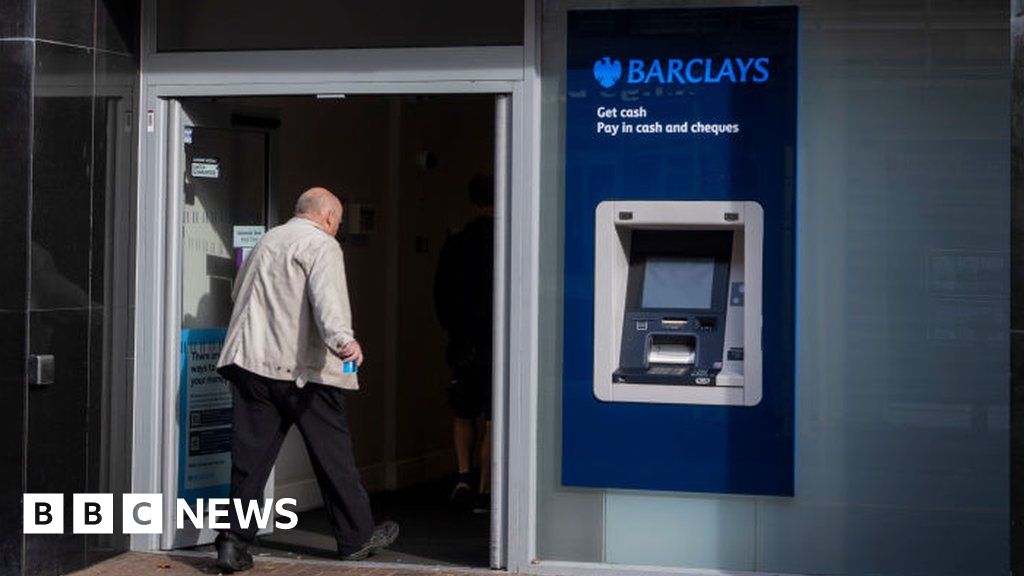Unlock the Editor’s Digest for free
Roula Khalaf, Editor of the FT, selects her favourite stories in this weekly newsletter.
French President Emmanuel Macron was expected to name a new prime minister after accepting the resignation of Élisabeth Borne, as he seeks to inject new energy into a government weakened by repeated battles in parliament and deteriorating poll numbers.
In a social media post on Monday, Macron thanked Borne, who has been in the post since May 2022, for her “courage, dedication, and determination” in the “service of the nation”. She and other ministers will remain in the job until a new government is named in the coming days, according to the Élysée Palace.
The move caps days of speculation in France over the prospects for a government reshuffle, although the name of the new prime minister has not yet been released. The overhaul comes just months ahead of European elections in June and the Olympic Games in Paris starting in July, two major challenges this year for Macron.
French media reports said Gabriel Attal, Macron’s young and popular education minister, was likely to get the job. If confirmed, Attal would be the youngest-ever French prime minister and the first openly gay one.
It would amount to an unexpected pick by Macron, who is also considering more experienced candidates, such as finance minister Bruno Le Maire, and other loyalists such as defence minister Sebastien Lecornu and former agriculture minister Julien Denormandie.
“We have come to the end of a period marked by difficult reforms: there is inevitably a new period opening,” François Bayrou, a centrist politician whose Modem party is allied with Macron, said on Sunday. “I think a change is needed . . . it is legitimate that there is renewal” in the leader of the government, he told BFM TV news channel.
Borne was only the second woman to serve in the most exposed and difficult job in French politics, and her tenure was marred by Macron’s centrist alliance losing its majority in parliament, leaving her with the difficult task of striking deals with opposition parties to pass laws.
Her approval ratings have been hovering near all-time lows of 23 per cent, while Macron’s are scarcely better at 27 per cent, according to a recent Elabe poll. Attal, however, has climbed 14 points in five months to reach an approval rating of 40 per cent, making him the most popular politician in France, according to Ipsos.
A new prime minister would help mark a new phase, as well as prepare for European parliament elections in June, which will be Macron’s last chance to test voter mood before his second term ends in 2027.
In recent weeks, the French president was bruised by a backlash including among some of his own lawmakers over an immigration bill, which only passed through the National Assembly with concessions to rightwing opponents. Macron also had to contend with months of street protests last year over an unpopular pensions reform.
The far right, meanwhile, is also enjoying a resurgence in popularity under Macron’s longtime rival and foil Marine Le Pen, who is expected to try to run for the presidency again once Macron steps down in 2027.
Credit: Source link





![How Brands Are Investing in Video Marketing on a Budget [2024 Data] How Brands Are Investing in Video Marketing on a Budget [2024 Data]](https://www.hubspot.com/hubfs/affordable-video-marketing-1-20241213-2175845.webp)





